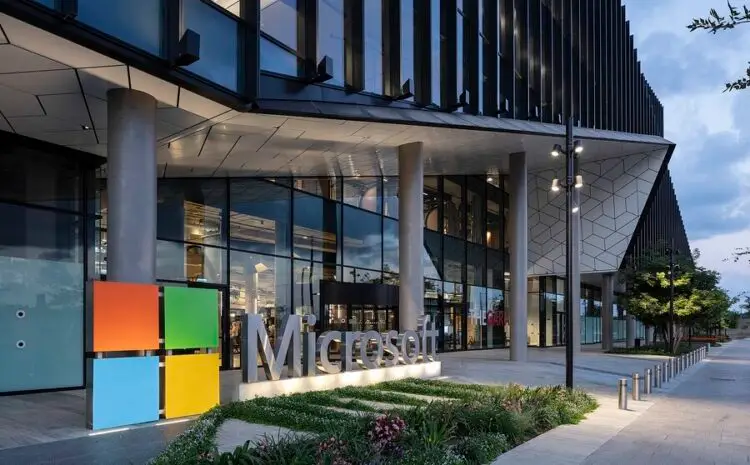US judge rules that Microsoft’s acquisition of Activision can proceed

Our top story today is that a US judge has overruled an FTC challenge to Microsoft’s acquisition of Activision. As part of the lawsuit filed in December 2022, the FTC recently applied for a preliminary injunction to delay the $70 billion deal while antitrust investigations were ongoing. In a 53-page ruling Judge Jacqueline Scott Corley refused to grant the injunction finding that the FTC had not shown it was likely to succeed in proving that Microsoft would suppress competition through the acquisition. The companies are now restructuring the deal to address the UK Competition and Markets Authority’s concerns about the antitrust implications of the acquisition.
Read more below for a round-up of the other major tech policy stories currently shaping the industry.
Amazon has mounted a legal challenge in the EU General Court to its status in the Digital Services Act (DSA) as a ‘very large online platform’ (VLOP). This is the first challenge of the DSA in the EU General Court from a US Big Tech company and follows a challenge by German online retailer Zalando in relation to the same provision. Under the DSA, the 19 designated VLOPs have a greater obligation in relation to risk management and data reporting. Amazon has challenged its designation on the basis that in each individual EU country, there is a retailer with a larger market share which has not been designated as a VLOP under the act.
India has introduced a 28% tax on revenue collected by online gaming companies. Finance Minister Nirmala Sitharaman said the decision to increase the tax on the $1.8bn industry was made following consultations with states. The growth of the sector, which has been around 30 per cent in recent years, buoyed by endorsements from major sporting figures in the country, has raised concerns about the impact on users.
Reuters have reported that US semiconductor company Broadcom will gain conditional approval later today to acquire cloud computing company VMware. This follows Broadcom addressing antitrust concerns in June after demonstrating interoperability with competitor Marvell Technology. The deal, valued at $61 billion, would be the largest in Broadcom’s history.
A Chinese government agency released a statement praising Tencent and Alibaba in a further sign that Beijing’s tech crackdown has come to an end. The National Development and Reform Commission’s statement summarised a report carried out on the tech companies which discussed their business activities in cloud computing, the semiconductor industry and agricultural digitalisation. This follows fines levied at Tencent as well as Alibaba’s affiliate company Ant earlier in the week which were considered to mark an end to China’s crackdown on the sector.
The EU Commission presented its strategy yesterday to promote Web 4.0 within the jurisdiction. The statement cited the future growth of the sector internationally, from €27bn last year to an estimated €800bn in 2030, as a key factor behind the initiative. The strategy falls within the EU’s wider Digital Decade policy programme and will include the implementation of regulatory sandboxes, facilitation of collaboration and training programmes.
Meta has told an Australian inquiry that it intends to label government-affiliated accounts on Threads. The statements were made in a Senate inquiry in which the proposed increase of the Australian Communications and Media Authority’s powers to allow them to fine and sanction social media companies was also discussed. The labelling of government-affiliated accounts would follow the approach already taken on Facebook and Instagram.




